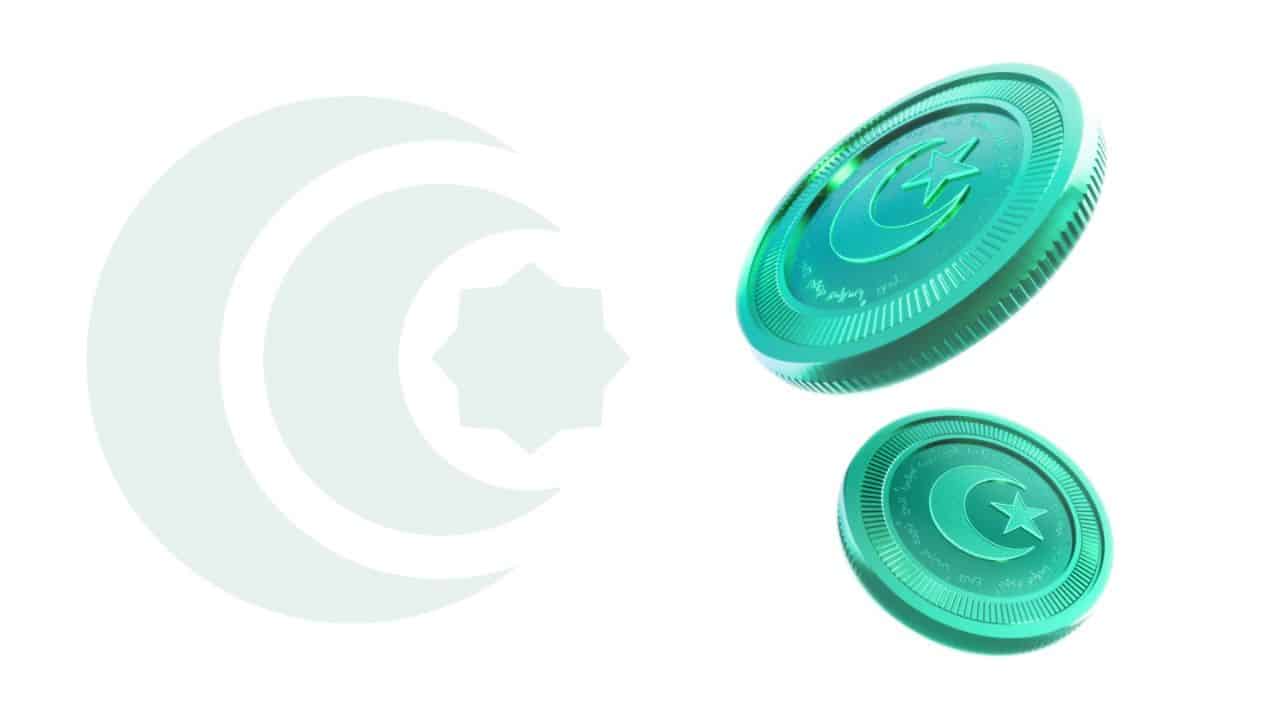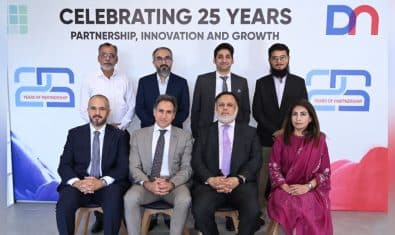While Islamic finance is growing rapidly, existing solutions’ lack of alignment with Shariah leaves over 2 billion Muslims worldwide without compliant access to the blockchain market. As a result, there is a multi-trillion gap that has been left unfilled by crypto industry participants.
As a pioneer in this field, HAQQ seeks to bring decentralized finance (DeFi) closer to the Muslim community via a robust blockchain ecosystem that complies with Shariah and takes an ethics-first approach.
Recently, the HAQQ Wallet gained increased popularity among users. The app has already achieved over 200,000 wallet downloads.
Ranking as the eighth top nation in terms of wallet downloads, Pakistan has become a leading market for the HAQQ Wallet. But what is the reason behind this growing popularity?
Crypto in Pakistan: An Overview
According to Chainalysis’ 2022 Global Crypto Adoption Index, Pakistan was ranked the top sixth destination for cryptocurrency activity.
Besides adoption in general, crypto ownership is also high among Pakistani users, with 18% of the country’s citizens owning digital assets. With Pakistan’s unbanked population estimated between 161 million and 182 million, cryptocurrencies provide a viable alternative for many. Unlike fiat currencies via bank accounts, they are more accessible, featuring low-cost and instantaneous transactions.
However, following Shariah’s rules is also crucial to Pakistan’s more than 212 million Muslim population. With the HAQQ Wallet, they can now tap into the blockchain market while remaining Shariah-compliant.
What Is the HAQQ Wallet?
Launched in 2023, the HAQQ Wallet is HAQQ’s flagship solution for interacting with digital assets in a Shariah-compliant manner. In fact, it serves as a gateway between Islamic DeFi and Muslim communities in Pakistan and beyond.
Compliance with Shariah is achieved through a robust mechanism called the Shariah Oracle. As part of an on-chain registry of approved smart contracts and different levels of community approval, it has two main goals.
First, the Shariah Oracle ensures that users’ interactions within the HAQQ ecosystem align with their preferred compliance level in Islamic DeFi. At the same time, the mechanism also protects the community from hackers, fraudsters, and other malicious parties.
Taking User Experience to the Next Level
Besides being Shariah-compliant, the HAQQ Wallet also puts a significant focus on the app’s user experience. Unlike many existing solutions, the project’s wallet aims to onboard both crypto newbies and veteran users.
On the mission to build an inclusive Islamic decentralized finance market, the HAQQ Wallet is an intuitive app featuring numerous features enhancing the user experience.
One of them is the ability for users to regain access to their accounts without compromising the assets in their wallets. This way, they can ensure peace of mind while staying secure in the crypto space.
Moreover, the HAQQ Wallet has ditched the daunting task of mnemonic handling. Instead of manually writing down and storing their seed phrases, users can connect their social media accounts and utilize them to sign into their wallets conveniently.
For an additional layer of security, a PIN code login is added to the app. Besides PINs, users will also be able to connect their Ledger devices and benefit from seamless hardware-based key management in the future.
The HAQQ Wallet is a non-custodial wallet solution, meaning that users remain in complete control of their private keys and their balances.
Introducing HAQQ’s Native Currency: Islamic Coin ($ISLM)
HAQQ’s Shariah-compliant and ethics-first Islamic finance ecosystem is powered by the Islamic Coin ($ISLM). As the blockchain network’s native currency, it is focused on sustainability and transparency, with wallet information being publicly-available via Gnosis.
As the world’s Muslim community’s financial instrument, Islamic Coin meets all criteria of a Halal asset. It also was issued a Fatwa from leading Islamic authorities and won the Most Promising ESG Crypto at the Middle East Blockchain Awards.
In addition to empowering the Muslim community with the ability to access seamless transactions and interact with the blockchain market, $ISLM also promotes innovation and philanthropy. Each time a new token is issued, 10% of the issuance is transferred to the Evergreen DAO.
Consequently, the DAO can invest in Islam-related ventures, donate funds to Muslim charities, and benefit the community by creating direct economic value.
With over 1.5 million social media followers and a growing interest among crypto community members, the project expects Islamic Coin to get listed on digital asset exchanges starting from September 1, 2023.
Bringing Blockchain Closer to Pakistan’s Muslim Community
As part of a Shariah-compliant blockchain and an ethics-first ecosystem that promotes philanthropy, transparency, and innovation, HAQQ combines local traditions and cutting-edge technology to benefit the Muslim community in Pakistan and beyond.
In July 2023, HAQQ secured $200 million from investors, increasing the project’s total funding to $400 million. The new investment enables the Shariah-compliant blockchain ecosystem to expand both locally in Pakistan and on a global scale.
As an early adopter in the Pakistani crypto market, HAQQ looks forward to an exciting journey ahead. To become a part of the ethical finance revolution, the project invites users to download the HAQQ Wallet (available in the App Store and Google Play) and visit its official website.























🚩Islami💚Sadarti✌🏿Nizam🌹Pakistan 🇵🇰
But crypto is banned in Pakistan.
Is anything in this country ‘shariah compliant’ including Islamic Banking? Please name one.
In a 100% corrupt country where you cannot move an inch without bribery in one form or the other, deceipt and fraud prevail, tax is not paid, foul language is used, how can you have shariah compliant Islamic cryptocurrency?
good